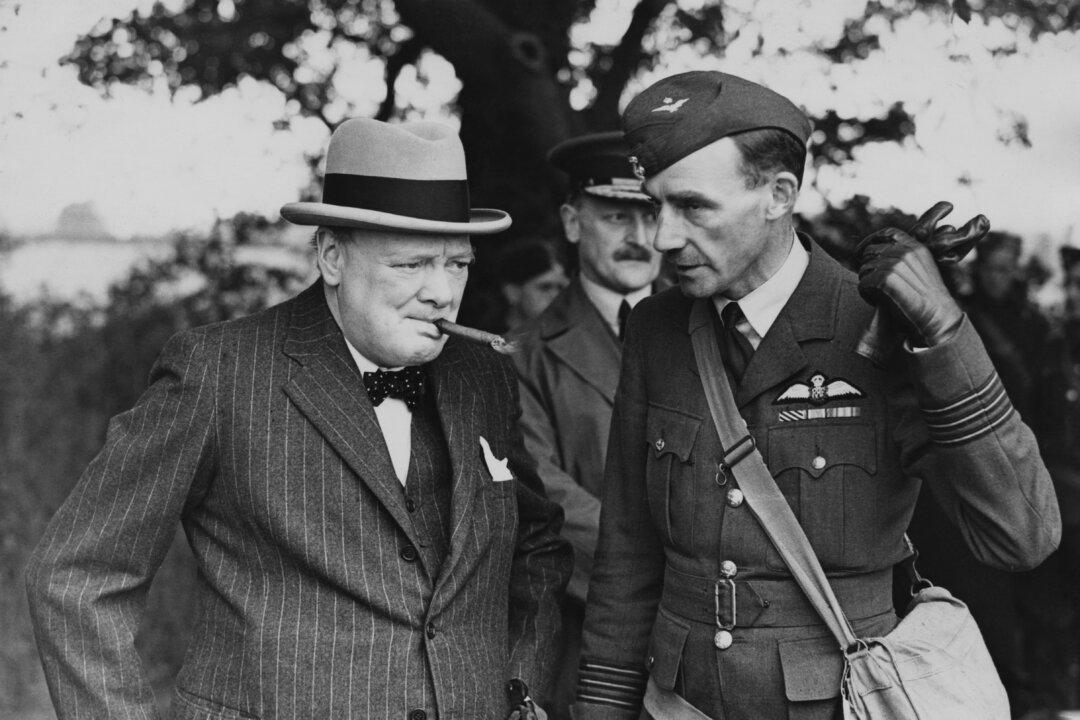Commentary
Reading almost any newspaper not carefully edited to conceal the news, on almost any topic, will elicit a howl of dismay. The situation is grim and getting grimmer. Yet I frequently call to march to victory. Am I a fool?

Reading almost any newspaper not carefully edited to conceal the news, on almost any topic, will elicit a howl of dismay. The situation is grim and getting grimmer. Yet I frequently call to march to victory. Am I a fool?